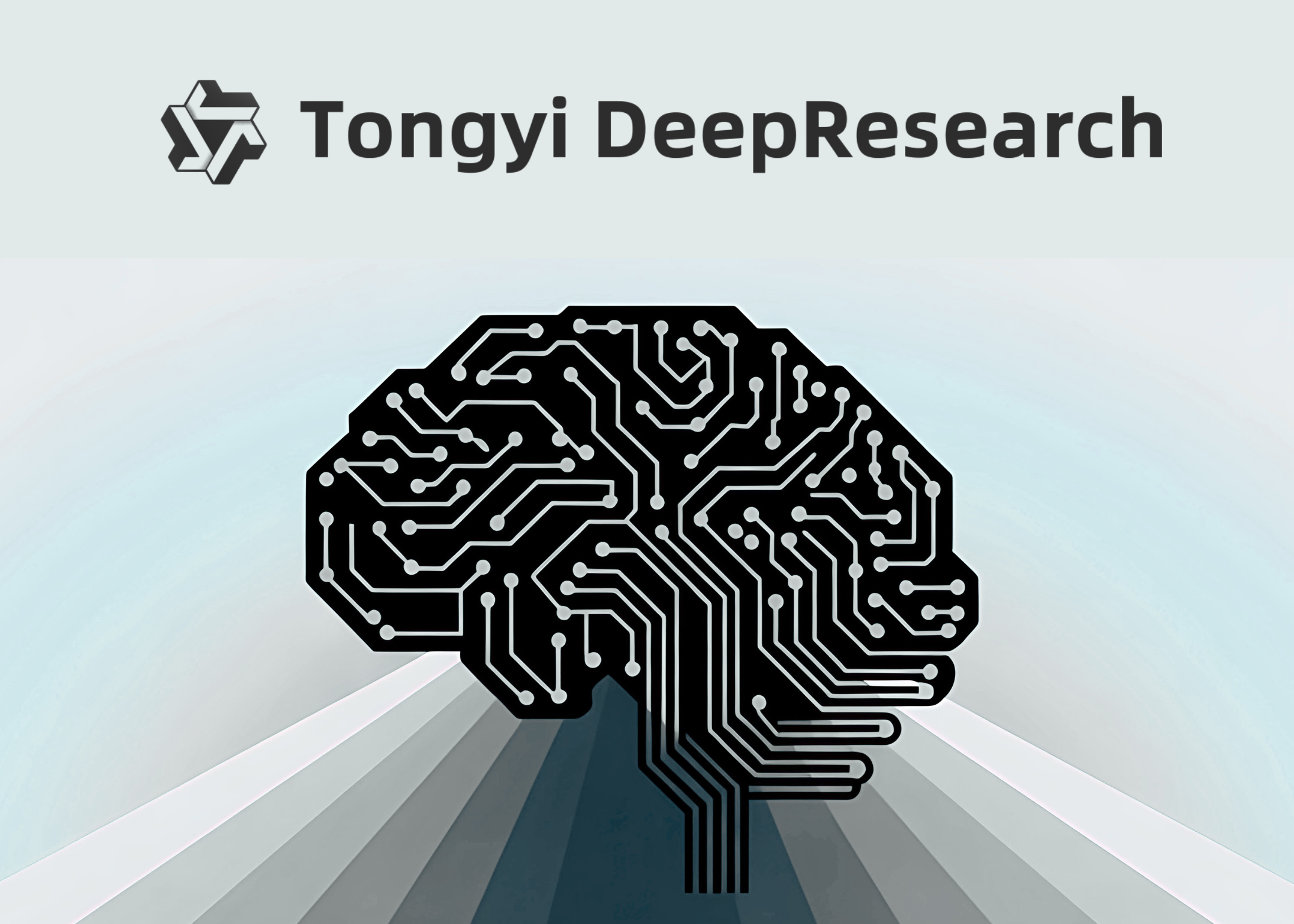
Alibaba Unveils Tongyi DeepResearch: A Cutting-Edge 30B Parameter Open-Source LLM
Alibaba's Tongyi Lab has made a significant stride in the field of artificial intelligence by releasing Tongyi-DeepResearch-30B-A3B, a state-of-the-art agent-specialized large language model (LLM) designed specifically for long-horizon, deep information-seeking tasks.
Key Features of Tongyi DeepResearch
- Mixture-of-Experts Design: The model employs a mixture-of-experts (MoE) architecture, boasting approximately 30.5 billion total parameters and 3 to 3.3 billion active parameters per token.
- Enhanced Performance: This design facilitates high throughput while maintaining strong reasoning capabilities, making it suitable for complex research workflows.
- Multi-Turn Research Workflows: The model is optimized for tasks such as searching, browsing, extracting, cross-checking, and synthesizing evidence using ReAct-style tool utilization.
The release includes essential components such as weights under the Apache-2.0 license, inference scripts, and evaluation tools, allowing developers and researchers to leverage this powerful model in their projects.
Benchmark Performance
Tongyi DeepResearch has demonstrated impressive results on various benchmarks commonly used to evaluate agentic search capabilities. Notably, it achieved:
- Humanity’s Last Exam (HLE): 32.9
- BrowseComp: 43.4 (English) and 46.7 (Chinese)
- xbench-DeepSearch: 75
These results indicate its potential effectiveness in deep research applications, with additional strong performances noted across platforms such as WebWalkerQA, GAIA, FRAMES, and SimpleQA.
Conclusion
As the demand for advanced AI tools continues to grow, Alibaba's Tongyi DeepResearch represents a pivotal advancement for researchers and developers alike. By open-sourcing this powerful model, Alibaba is not only contributing to the AI community but also setting a new standard for agentic LLMs designed for in-depth research tasks.
Rocket Commentary
Alibaba's introduction of the Tongyi-DeepResearch-30B-A3B model marks a notable advancement in AI, particularly for complex research tasks. However, while the model's mixture-of-experts architecture enhances performance and efficiency, it raises questions about accessibility and ethical usage. As AI continues to transform industries, it is crucial that such powerful tools are not only available to a select few but are designed with transparency and ethical considerations at the forefront. The potential for AI to democratize knowledge and streamline research workflows is immense, but we must ensure that these advancements foster equitable access and are aligned with responsible AI practices. The industry must leverage these innovations while prioritizing ethical frameworks to maximize their transformative impact.
Read the Original Article
This summary was created from the original article. Click below to read the full story from the source.
Read Original Article